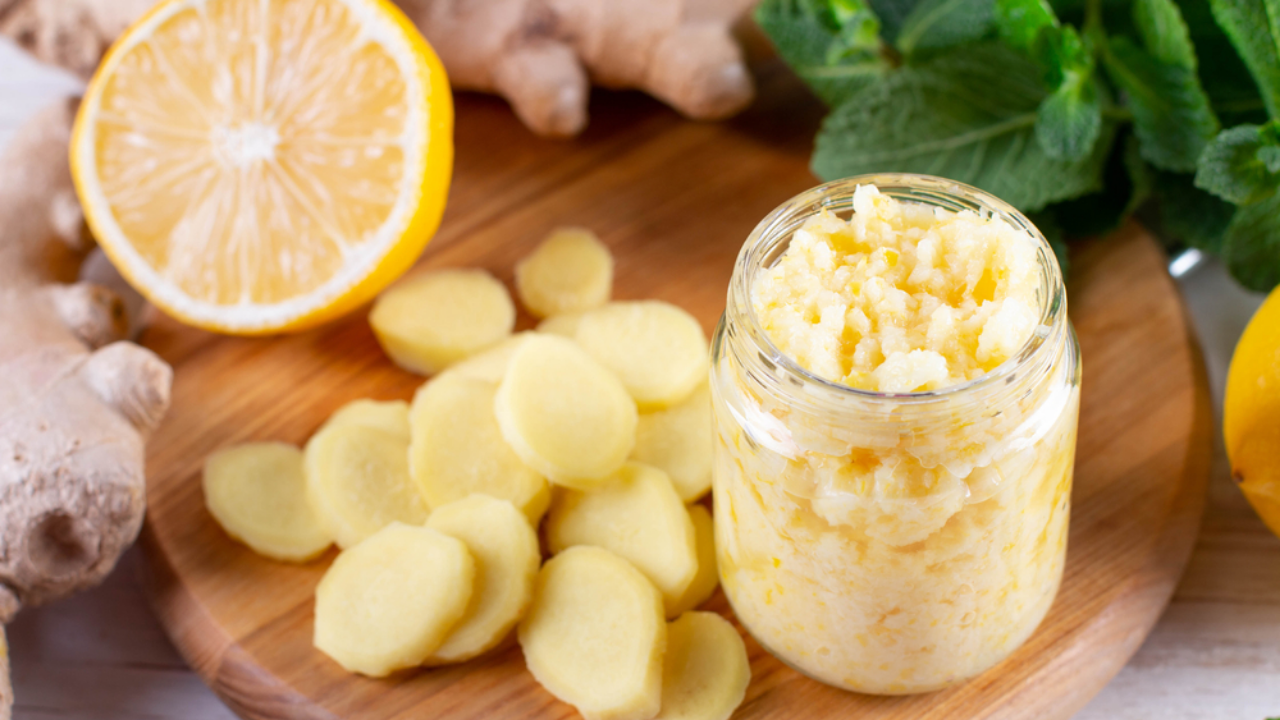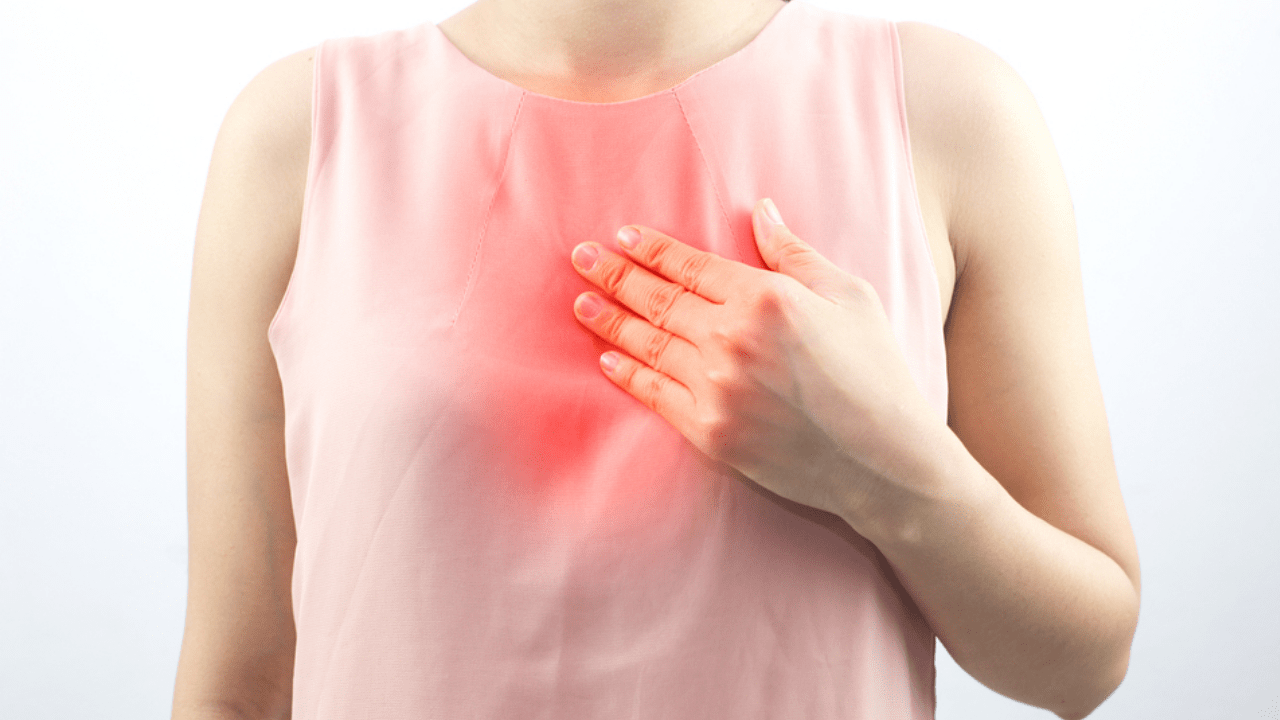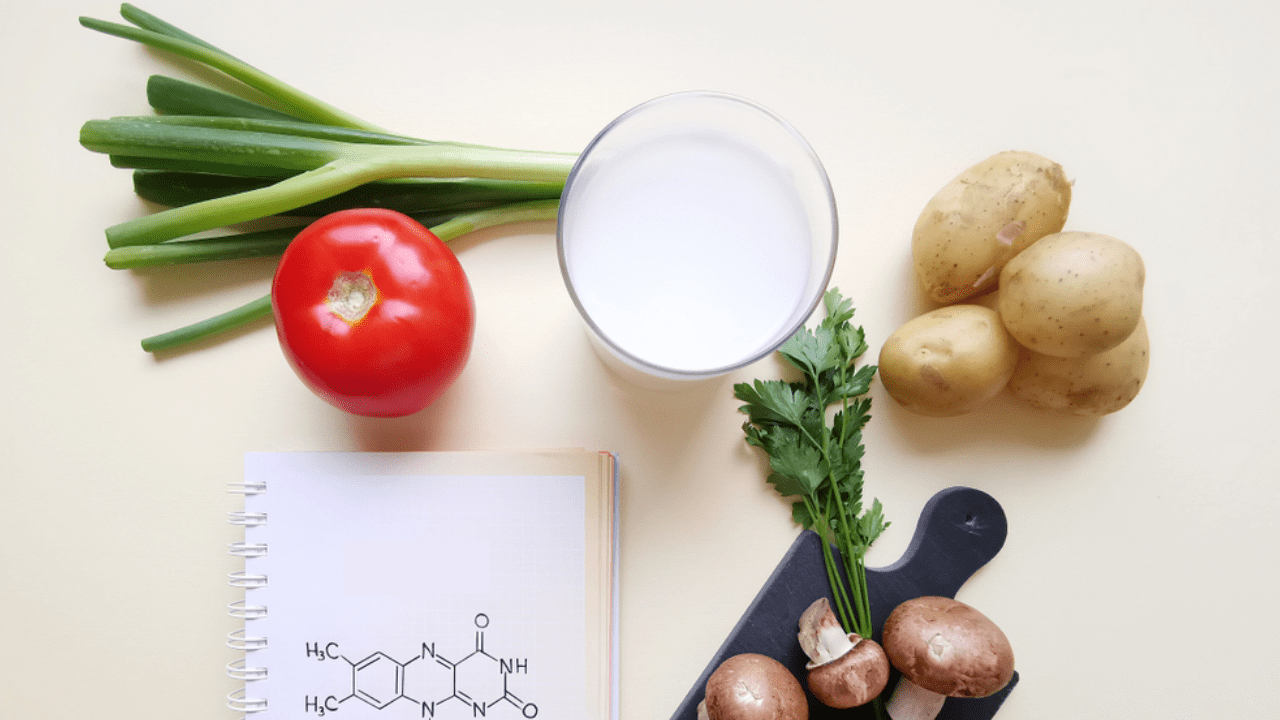
THYROID & WEIGHT LOSS
The thyroid is a vital hormonal which is located in the front part of the neck below the voice box & has the shape of a butterfly. The thyroid plays various roles such as controlling the rate of use of energy sources, protein synthesis & controls the body's sensitivity to other hormones.
The thyroid produces two hormones:
- Triiodothyronine or T3
- Tetra iodothyronine, also called as thyroxine or T4.
Subtle chage in these hormone secreation results in occurence of thyroid symptoms, which may create severe thyroid problems if proper initiative is not taken at the initial stage.
THYROID CONDITIONS
Hyperthyroidism: Hyperthyroidism is a condition in which the thyroid is overactive & makes excessive amounts of thyroid hormone. High amounts of thyroid hormones in the blood can lead to excessively high metabolic rate. Women with hyperthyroidism tend to lose weight as the body burns up extra food without using it for anything but producing heat.
Hypothyroidism: Hypothyroidism is a condition in which the thyroid produces insufficient amounts of thyroid hormone. Low levels of thyroid hormones can lead low metabolic rate hence leading to an increase in weight.
Hypothyroidism or low thyroid can be controlled to a great extent by maintaining a proper healthy diet chart. There are several vegetables & food items whose intake may deplete or augment the persistent thyroid condition. Hence, a healthy nutritional diet must be considered as the best possible thyroid treatment for all individuals suffering from thyroid.
DIETARY MANAGEMENT OF HYPO THYROID
There are no particular foods or supplements that can help in treating thyroid disorders. One can however manage thyroid very well by managing the weighing scale. Hence it is important to have the right variety of foods in a balanced proportion. It is advisable to consume fresh, local foods than the ones high in calories, packaged & loaded with preservatives. However, you need to watch out for foods that can be your best friends & enemies while suffering from hypothyroidism.
GOITROGENS TO AVOID OR NO
- Goitrogenous veggies like cabbage, cauliflower, broccoli, kale, etc are said to contribute in the formation of goitre (enlargement of the gl&) in few cases but the quantity required to have any effect on the thyroid is very high.
- Cabbage & cauliflower is widely consumed by the the north indian population. Aloo gobhi, gobhi parathas etc are a staple with them. If the effect of these vegetables were so strong - half that belt would have hypothyroid.
- Similarly Broccoli is consumed by people in the west & is also fed to children. The benefits of the same are far more than the nominal effect it has on thyroid.
SOYA
- Soya-Soya is known to interfere with the absorption of the t4 Hormone. However being Indians, the consumption of soya in our diet is very less.
- Soya can also be consumed occasionally. Soya & its products is a staple in Japan they would all have hypothyroid then
IODINE
- Iodine & Thyroid function Iodine is an important trace element that is required by our thyroid to produce thyroid hormones.
- For the same reason, a deficiency of Iodine can lead to an underactive thyroid. It is a good idea to include iodine-rich foods in the diet.
- Foods like navy beans, eggs, milk, fishes & iodized salt are great sources of iodine. Beware of adding too much of Iodine to the diet as it can cause further damage.
FEW ESSENTIAL TIPS TO MAINTAIN THYROID HEALTH
INCLUDE FOODS RICH IN TYROSINE
- Tyrosine is an amino acid that is found in a lot of goitrogenic foods like wheat, peanuts, & soybeans. It's important to get tyrosine without those goitrogenic properties tagging along. Some good sources include pumpkin seeds, fish, dairy products, eggs, bananas, walnuts, poultry & almonds.
- These animal-based foods high in protein also tend to be good sources of Vitamin B12 & selenium, which are also important for thyroid health. Salmon is also excellent source of Omega-3 fatty acids, which are anti-inflammatory & can help with proper thyroid function.
- Include Non-Cruciferous Veggies & Fruit.
- Some of the best foods you can eat are non-cruciferous vegetables & fruits. They contain high amounts of antioxidants, especially when eaten fresh.
- Antioxidants help protect your body against damage from free radicals. Most also have high amounts of electrolytes like potassium & sodium, which contribute to the movement of fluid in body tissues.
- Pumpkin, tomato, beans, peas, cucumber, eggplant, carrots, & celery are all great sources of non-goitrogenic vegetables.
- Fruits are also high in Vitamin C & other antioxidants. Some non-goitrogenic fruits include mangoes, oranges, dark-skinned grapes, pomegranates, guavas, cherries, apricots, apples, pineapples, & kiwis.
STAY AWAY FROM
- Fats have been found to disrupt the body's ability to absorb thyroid hormone replacement medicines, Dr. Lee says. Fats may also interfere with the thyroid's ability to produce hormone as well. It is beneficial you cut out all fried foods & reduce your intake of fats from sources such as butter, mayonnaise, ghee, & oil.
- Hypothyroidism causes the body's metabolism to slow down. Hence it is best to avoid foods with excess amounts of sugar because they are high on empty calories. It's best to reduce the amount of sugar you eat in your diet.
- Processed foods to have a lot of sodium, & people with hypothyroidism should avoid sodium. Having an underactive thyroid increases a person's risk for high blood pressure, & too much sodium will only worsen it.
- Alcohol consumption can wreak havoc on both thyroid hormone levels in the body & the ability of the thyroid to produce hormone. Alcohol appears to have a toxic effect on the thyroid & suppresses the ability of the body to use thyroid hormone. Ideally, people with hypothyroidism should cut out alcohol completely or drink in careful moderation.









